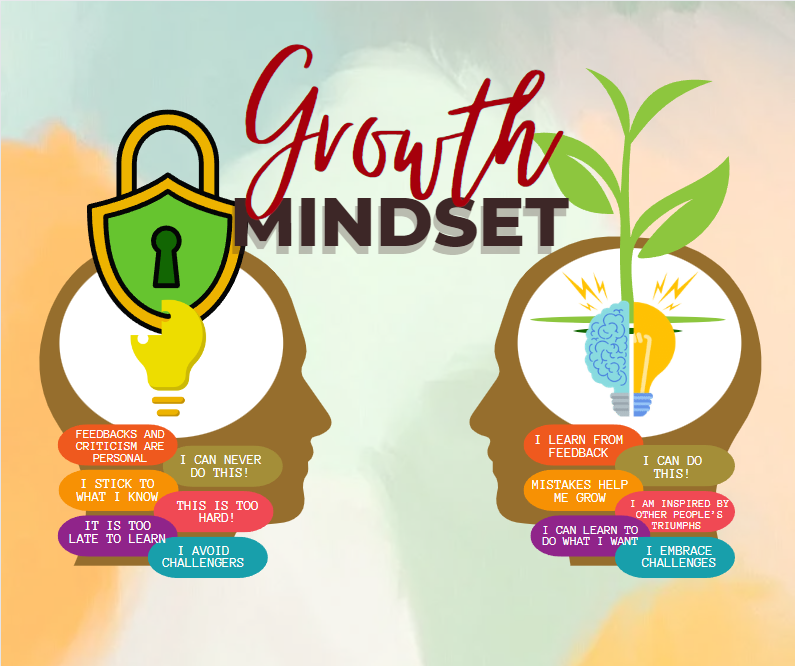There is a long-standing belief that as our brains mature, they become rigid and resistant to change, akin to the popular saying, “You can’t teach an old dog new tricks.” Recent insights from neuroscience have shattered this misconception, revealing the remarkable adaptability of the human brain even in later stages of life. Neuroplasticity proved that the brain’s ability to form new neural connections through fresh experiences and skill acquisition has debunked the notion of fixed abilities.
Central to this revelation is the concept of the growth mindset which was pioneered by Stanford researcher Carol Dweck. Her studies highlighted the pivotal role of attitudes in facing challenges. Individuals with a growth mindset perceive setbacks as opportunities for learning in the power of effort and practice to achieve mastery. To help develop this, here are some practical steps:
- Encourage readers to embrace their flaws.
- Confront shame with humor.
- Reflect on failures and turn it to a springboard for developing one’s abilities.
- Maintain a curious attitude.
By adopting this perspective, a person can navigate life’s hurdles, continually learn, flourish and put emphasis on the brain’s boundless potential for growth and adaptation regardless of age and periods of stagnation.

